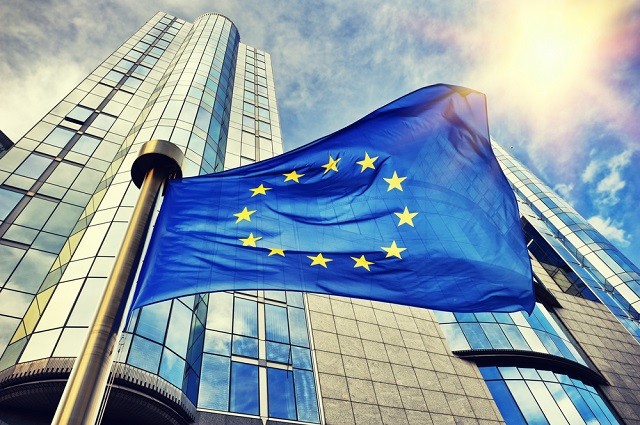20 October 2023
| Post byThe new visa waiver program for Europe’s Schengen Area will be arriving later than expected. The latest announcement from the European Union (EU) has stated that the ETIAS system will now be launched in 2025 instead of 2024.
The European Travel Information and Authorisation System (ETIAS) has been in the works for several years.
It is planned to be essential for visitors to Schengen countries, including most of the EU, as well as Switzerland, Norway, Iceland, and Liechtenstein.
The latest delay to ETIAS comes as a result of a delay in the Entry/Exit System — the central database that ETIAS will rely on.

Why Has ETIAS Been Delayed Again?
The EU agency eu-LISA, which is responsible for implementing the Entry/Exit System informed European ministers on October 19, 2023 that more time is needed to implement the necessary changes to the system.
The Entry/Exit System will electronically register travelers’ passports when arriving in the Schengen Area or when leaving the bloc. It essentially replaces manual passport stamping.
Since the ETIAS will be electronically linked to passengers’ passports, it will rely on the Entry/Exit System to read the travel authorization.
In short, the Entry/Exit System needs to be fully operational before ETIAS can work.
With more updates being made to the Entry/Exit System, its launch date has been pushed back. This has the knock-on effect of delaying ETIAS.
When will the Entry/Exit System and ETIAS be ready?
The Entry/Exit System is now planned to come online in the second half of 2024.
The ETIAS will then follow in the first 6 months of 2025.
No exact date has yet been given.
ETIAS: The Long-Awaited Visa Waiver for Europe
The ETIAS has been a long time coming. Once slated for launch in 2023, it has already been pushed back to 2024. Now, it has been delayed again.
This online platform is based on the similar ESTA for the United States and is designed to improve security.
Visa-exempt travelers will need to register with the system before traveling to Schengen countries. The idea is that doing this online is much easier and quicker than applying for a visa.
Currently, passengers from countries that do not need a visa to visit the Schengen Area may travel using only their passport. European authorities do not perform any checks on them, as they do with visa applicants.
ETIAS is a solution to this potential weakness in Schengen’s security.
In recent years, the EU and European Free Trade Association (EFTA), which together form Schengen, have been working on several initiatives to improve security. ETIAS, the Entry/Exit System, and the Schengen Information System (SIS) are part of this effort.
ETIAS was originally scheduled to come into force in May 2023, but multiple delays have left the current launch date set for 2025.
How Does the ETIAS Delay Affect Travel to Europe?
Essentially, nothing changes as regards traveling to Europe.
When ETIAS comes into effect in 2025, passengers will have to register online before their trip to be able to enter Schengen countries visa-free.
With the latest delay, visa-exempt travelers can continue visiting Europe using only their passports until 2025.
For citizens of countries who must apply for a visa to visit Schengen countries, the ETIAS is irrelevant. They must continue to submit an application for a visa to travel to the country they plan to visit.